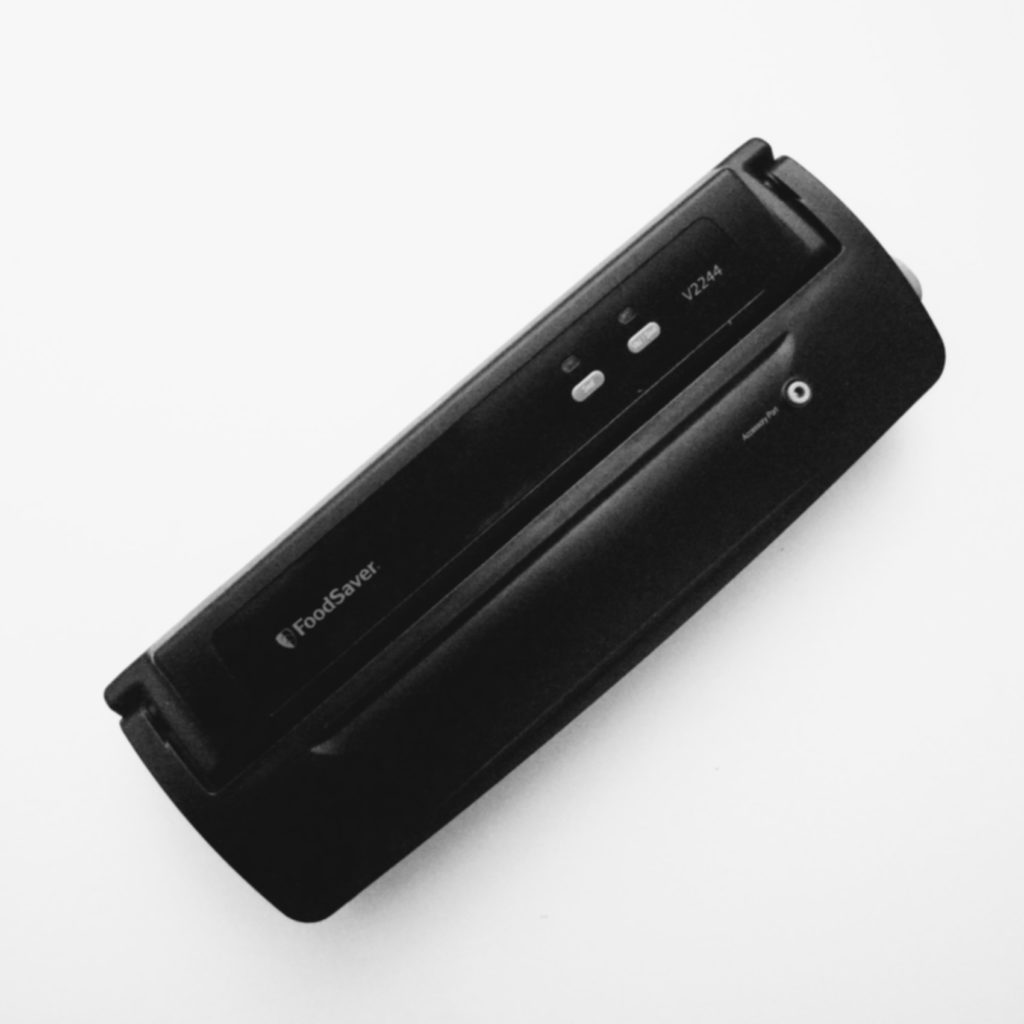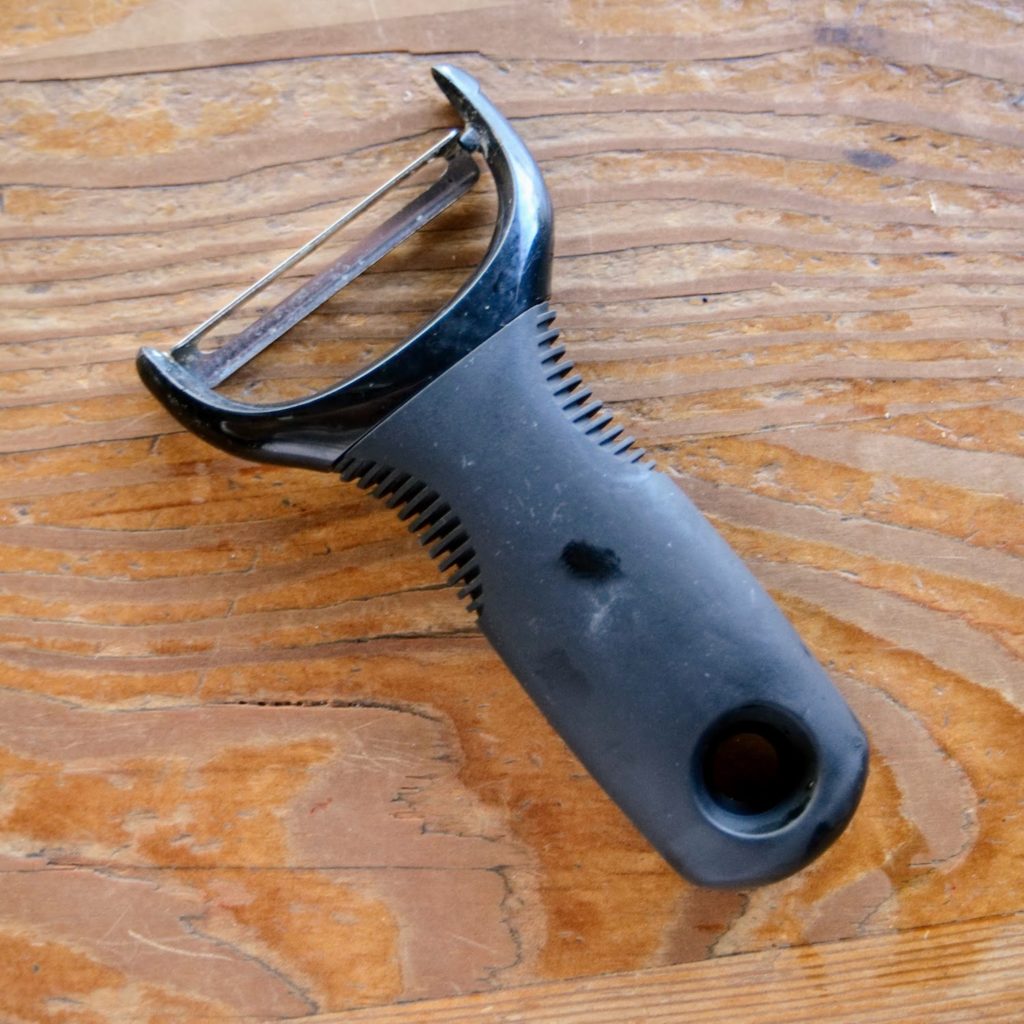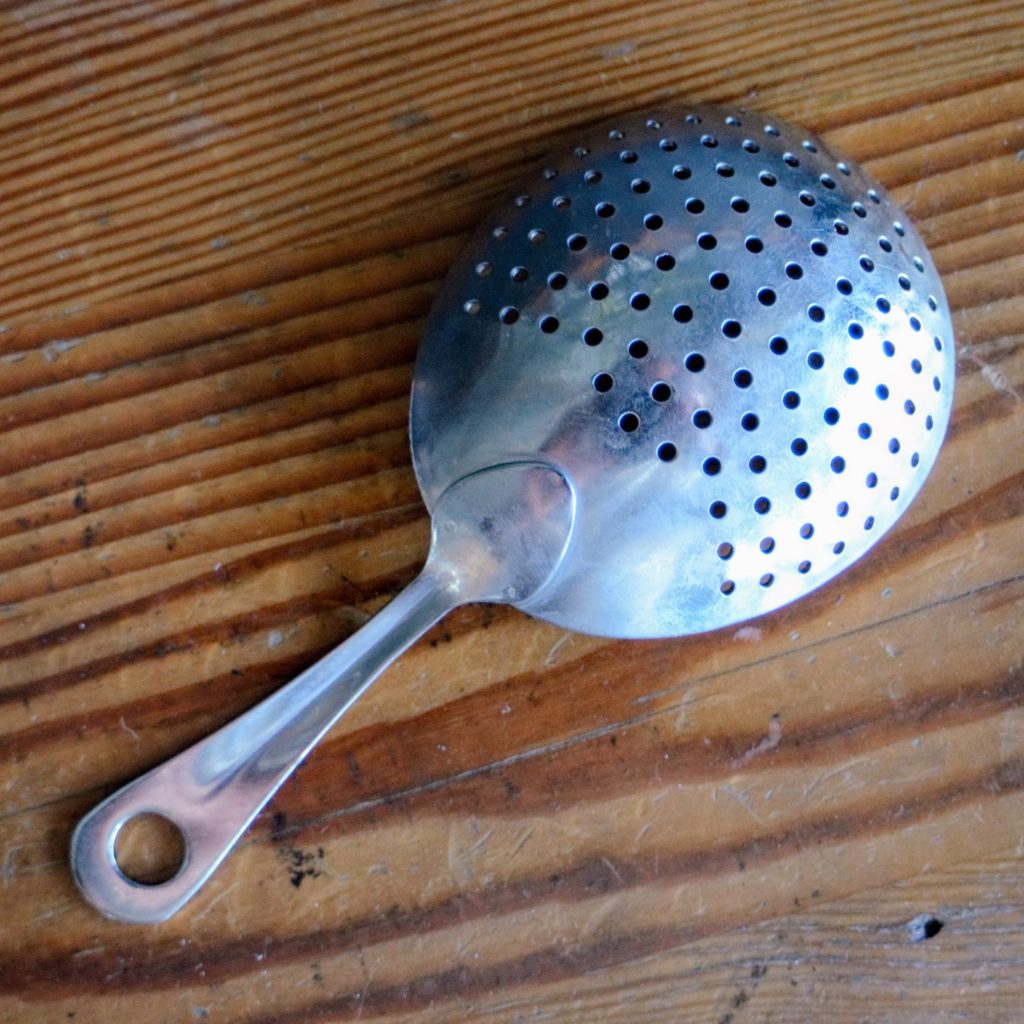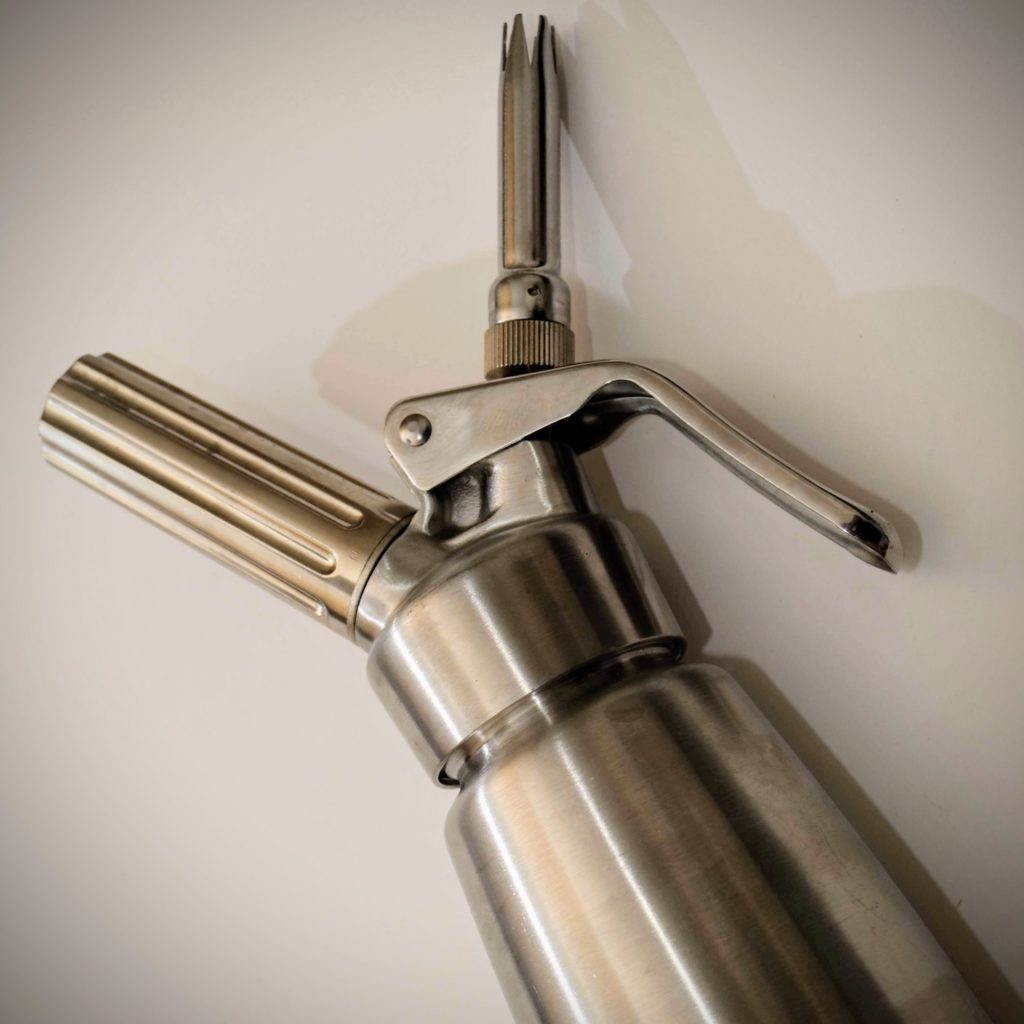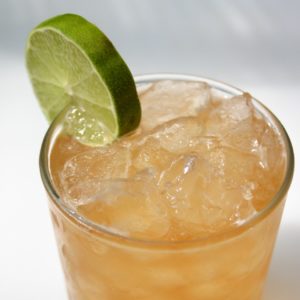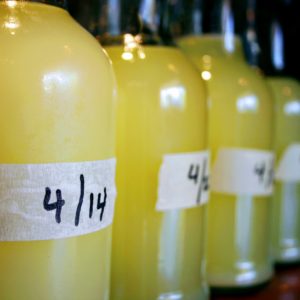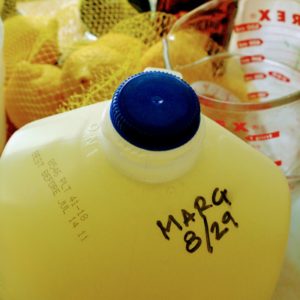I was on vacation recently and popped into the hotel bar with my girlfriend for a drink. Now, this was a bar that had achieved some modicum of notoriety thanks to the efforts of its young head barman, who had brought some new energy to this stale old bar by offering craft cocktails and fresh juices. As I inspected the drink menu, one classic cocktail caught my eye: the Satan’s Whiskers (gin, orange juice, orange liqueur, sweet and dry vermouths). Having never understood the drink’s appeal personally, I ordered one in the hopes that this bartender might be able to breathe new life into a classic I never particularly enjoyed.
I was disappointed yet again, and I finally realized that the culprit all along had been one of the drink’s main ingredients: orange juice.
One would assume, in this day and age of freshly-squeezed everything, that the humble orange would be at the top of every bartender’s list of favorite ingredients to reach for. But the truth of the matter is, orange juice is best served on its own at brunch. Let’s face it, orange juice doesn’t bring much to the party in terms of flavor, it can be something of a pain to make, and it doesn’t last long enough to make it viable in high-volume cocktail operations.
Most classic cocktails call for a balance between sour, sweet, and strong. The problem with orange is that it’s already balanced between sweet and sour, so it needs to be combined with additional sweet and sour ingredients to keep the drink from being thrown off balance. Think of all of the drinks you can that call for orange as the only mixer: I can only count the Screwdriver (yawn) and the Mimosa (double yawn) off the top of my head.
The number of classic cocktails that call for orange juice versus, say, lemon or lime reflects how bartenders in the past viewed orange juice, I suspect. There’s the Blood and Sand, an overly-sweetened mess of Scotch whisky, sweet vermouth, sugary Cherry Heering, and orange juice. There’s the Bronx Cocktail, which is nothing more than a Perfect Martini with a splash of orange juice, likely served as a morning bracer during a time when people were allowed to smoke in hospitals.
On the other side of the coin, there is a seemingly endless number of cocktails that call for lemon and lime that are enjoyed by all. There’s the Margarita, the Sidecar, the Lemon Drop, the Whiskey Sour, the Daiquiri. And the list goes on.
Orange juice is also a tremendous pain to juice and store. Let’s face it, most juicers are designed to be used with smaller fruits such as lemon and lime, so larger fruit such as orange does nothing but spill over the sides and create a mess. But it’s two compounds found in fresh oranges that, when combined (through the act of juicing) with enzymes also present in the fruit begin to turn the juice bitter over the span of as little as an hour. Orange juice turns bitter and useless in four hours.
When I use orange juice in cocktails, it’s as an accent and almost never the main ingredient. One place where orange juice shines is as an additive to sours. A little touch of orange in a whiskey sour variation, and suddenly the fruit’s purpose suddenly makes a whole lot of sense beyond the breakfast table.
Ward Eight
2 oz rye whiskey
½ oz lemon juice
½ oz real pomegranate grenadine
½ oz orange juice
Combine ingredients and shake with ice until well chilled. Strain into a chilled cocktail glass and serve.


